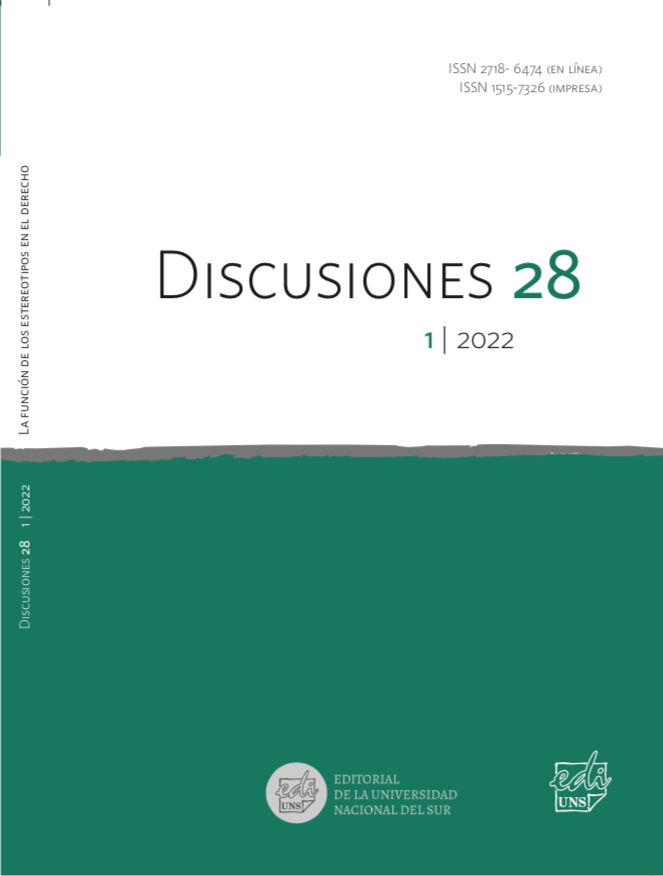The Role of Stereotypes in the Forms of Complex Inequality: Some insights from the feminist critique of anti-discrimination law
DOI:
https://doi.org/10.52292/j.dsc.2022.2325Keywords:
Stereotypes, Serialization, Heterodesignation, IntersectionalityAbstract
This article presents a critical review of the existing literature on stereotypes, especially in the field of anti-discrimination law. After illustrating the two most common approaches, the so-called pejorative and the neutral-cognitive, it assesses some of their limits to deal with the phenomenon of structural inequality. Specifically, it will be argued that stereotypes as cognitive mechanisms are not aimed at obtaining information and their function is not neutral. A proposal is made to move the focus on the functioning of stereotypes, in order to identify the mechanisms that characterize them. From the perspective of the feminist critique of anti-discrimination law, it is proposed that stereotypes serve to justify power hierarchies and their operation is assessed through three key elements that define patriarchy as a power system: serialization, heterodesignation and finally intersectionality. To this end, reference will be made to the doctrinal approaches as well as to the case law from the two European Courts (ECtHR and CJEU).
Downloads
Published
Versions
- 2024-08-31 (2)
- 2022-07-04 (1)
How to Cite
Issue
Section
License
Copyright (c) 2022 Elena Ghidoni, Dolores Morondo Taramundi

This work is licensed under a Creative Commons Attribution-NonCommercial 4.0 International License.
Discusiones does not withhold rights of reproduction or copyright. Consequently, authors may share the final versions of publications.


